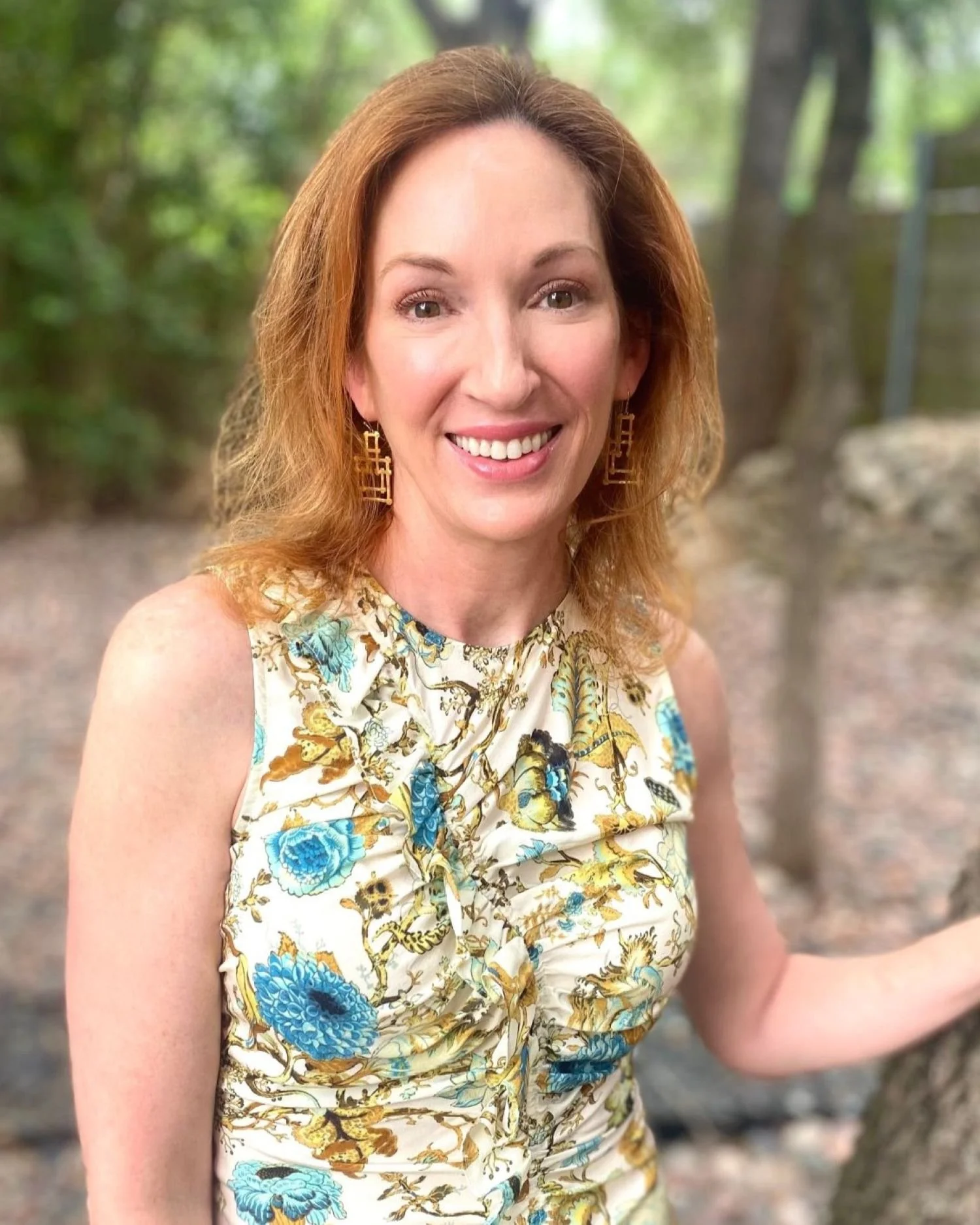Allison Sallee
Licensed Psychologist (LP) , Licensed Marriage and Family Therapy Supervisor (LMFT-S)
I’m Allison (she/her), and I’ve spent nearly 30 years supporting children, adolescents, young adults, and families. I want you to know that I love what I do. I have a special passion to advocate for and support those with autism. I believe change comes when you can understand what’s actually going on, whether it’s autism, anxiety, ADHD, or the everyday complexities of family life. Together, we’ll build clarity and safety, rooted in your own values and goals.
My work blends diagnostic clarity and therapy. If assessment would help you better understand your or your child’s experience, I’ll guide you through practical evaluations and detailed feedback. After that we’ll build a treatment path that’s tailored to the real-life context you’re living in. My goal is to provide insight and actionable next steps.
Therapy with me is collaborative and systems-oriented. We’ll look not just at what’s happening in your head, but how relationships and environments shape your experience. I draw from CBT, DBT, solution-focused approaches, and systems thinking but am always grounded in your developmental stage and family context. Whether we focus on parenting strategies, executive functioning, or emotional regulation, you’ll come away with tools and strategies that feel doable.
Professional Background & Qualifications
Education
Counseling Psychology Ph.D.
University of Texas at Austin
Masters Degree in Marriage and Family Therapy
University of Houston - Clear Lake
Masters Degree in Program Evaluation
Unviersity of Texas at Austin
Memberships
American Psychological Association
Society of Clinical Child and Adolescent Psychology
Texas Psychological Association
Capital Area Psychological Association
Personal Approach
A Developmentally Informed, Systems-Aware Approach
Across nearly 30 years in the field, I’ve supported children, adolescents, young adults, and families through complex developmental and relational challenges. My work is grounded in a deep understanding of how neurodivergence, anxiety, and family dynamics intersect—and how to create a therapy or assessment process that fits each person’s unique stage and context.
Clients often describe me as warm, clear, and steady. Whether I’m guiding a formal evaluation or offering ongoing therapy, I take time to build trust, clarify goals, and offer tools that feel grounded and actionable. My goal is to provide you with the tools and skills necessary for the growth and progress you and/or your family hope to experience.
Psychological Assessment
Assessment is a more intensive way of understanding a person. I strive to provide you with a clear picture of what you or your child is experiencing, along with concrete steps you can take to address any concerns. The process involves meeting in the office to complete various activities, conducting interviews with the individual and key people in their life, and gathering information through questionnaires completed by the individual and others, such as parents or teachers. It also includes a feedback session to explain the results, discuss next steps, and provide a written report with all findings and recommendations.
The Work I Do
Ages
up to 25 years old (Individual Therapy)
Types
Individual Therapy
Family Therapy
Couples Therapy
Group Thearpy
Expertise
Autism and neurodevelopmental differences
ADHD and executive functioning challenges
Anxiety and worry in children, teens, and young adults
Parenting support and family dynamics
Diagnostic clarity and psychological assessment
Stress and school-related concerns
Developmentally informed therapy for neurodivergent youth
Life transitions in adolescence and early adulthood
Support for twice-exceptional and gifted learners
Location
In Person
Virtual in most states
Modalities
Cognitive Behavioral Therapy (CBT)
Dialectical Behavioral Therapy (DBT)
Solution-Focused Therapy
Psychological Assessment
Curious what those approaches actually mean?
CBT (Cognitive Behavioral Therapy)
CBT helps you notice the connection between your thoughts, feelings, and behaviors. In session, we might look at how certain thinking patterns are increasing anxiety or frustration—and practice ways to shift them. These skills are especially helpful for kids and teens learning to manage stress, as well as adults navigating unhelpful self-talk.
DBT (Dialectical Behavior Therapy)
DBT offers practical tools for managing big emotions, increasing distress tolerance, and building better interpersonal boundaries. For some clients, this means learning how to stay grounded during intense moments; for others, it’s about developing more flexible thinking and emotional regulation.
Solution-Focused Therapy
This approach emphasizes what’s already working—even in small ways—and helps you build on those strengths. In session, we’ll focus on clear, manageable goals and create strategies that fit your specific stage of life, family structure, or neurotype.
Collaborative & Systems-Based Therapy
We won’t just focus on the individual in a vacuum—we’ll explore how your relationships, environment, and developmental stage shape what you’re going through. This approach is especially helpful when working with families or neurodivergent youth, offering context and clarity around behavior and communication patterns.
Psychological & Developmental Assessment
Assessment offers a structured, in-depth look at what you or your child is experiencing. We use interviews, interactive activities, and questionnaires to clarify diagnoses such as autism or ADHD. Then we meet to review the findings, outline next steps, and provide a written report that makes things clear—not confusing.

